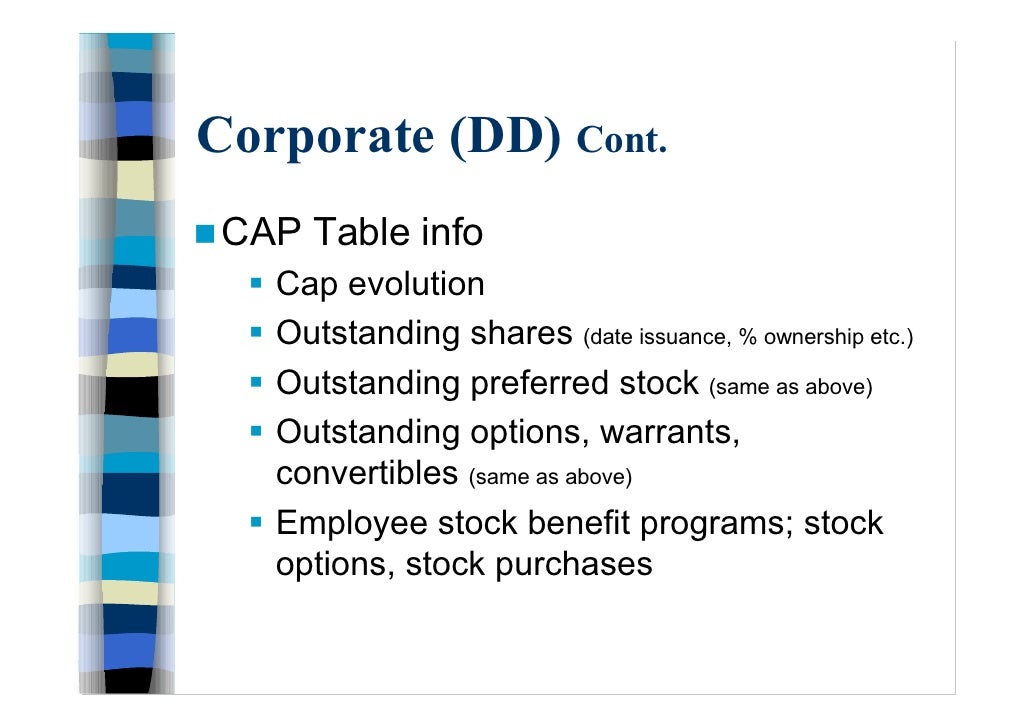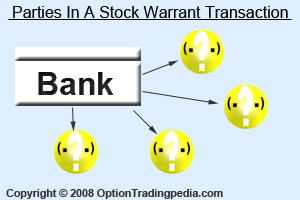Difference between employee stock options warrants
Legal lessons for investors and entrepreneurs in the startup space.
Exercising Nonqualified Stock Options
I am also dealing in stock market and provide Stock Cash Premium service to investors. IRS Circular disclosure: To ensure compliance with requirements imposed by the IRS, any tax information contained in this site was not intended or written to be used, and cannot be used, for the purpose of i avoiding tax-related penalties under federal, state or local tax law or ii promoting, marketing or recommending to another party any transaction or matter addressed on this site.
Stock Options versus Stock Warrants – What’s the Difference?
The New Media Lawyer. Wednesday, May 4, Warrants and Employee Stock Options.
FN1 First, from the issuing company's perspective, warrants behave like a financing albeit with no initial servicing costs like dividends or interest whereas stock options behave like an employee incentive. This is because although both warrants and stock options are derivative instruments the value is not in the thing itself but in its derived value from an actual security i.
FN2 Thus as a consequence, the exercise of warrants like the issuance of preferred stock in a seed or series financing , necessarily dilutes existing shareholders which is a significant event for the company. The exercise of stock options, by contrast, just consumes some portion of the shares set aside for the stock option pool. Second, from the holders' perspective, a stock option is less valuable because it is subject to a set of restrictions.

FN3 While in most cases a warrant implicates the right to purchase the underlying stock at any point in the future at the holder's reasonable discretion and in some cases the right to transfer that right , a stock option i can almost never be transferred, ii is subject to a vesting period and iii has a limited exercise period meaning, the stock option, once fully vested usually four years down the road , has to be exercised within a few months or a year after vesting. This discussion solely addresses the common use of employee stock options and warrants in a start-up context.
Stock options and warrants can be manifested in myriad ways - practices outside the U. If you get fancy, you can argue that if a company does not presume the existence of a employee stock option pool, the relevant distinction between warrants and employee stock options gets exceedingly small.
While employee stock options are highly standardized, the terms of warrants are highly customizable. The tax implications of warrants and employee stock options depend on the circumstances. As a general matter, warrants are a taxable event upon issuance but options are not, provided, however, that the warrants were issued as part of a financing while the stock options were issued in exchange for future services.
What Is the Difference Between Warrants and Options? | Startup Law Blog
If the warrant is compensatory, taxability is deferred under section 83 until exercise. Posted by Jake Molland Email This BlogThis! Share to Twitter Share to Facebook Share to Pinterest.
Khushboo Gupta September 20, at Newer Post Older Post Home. Single versus Double Trigger Acceleration DISLAIMER AND TERMS OF USE This website is made available for educational purposes only as well as to give general information and a general understanding of the law, not to provide specific legal advice or advertise legal services.

By using this site, you understand that this information is not provided in the course of an attorney-client relationship and is not intended to constitute legal advice. This site should not be used as a substitute for competent legal advice from a licensed attorney in your state.
About Me Jake Molland Mr. Molland's focus is corporate, commercial and securities law, primarily for emerging technology and other high-growth companies. He received his J. View my complete profile. Theme images by Bim.